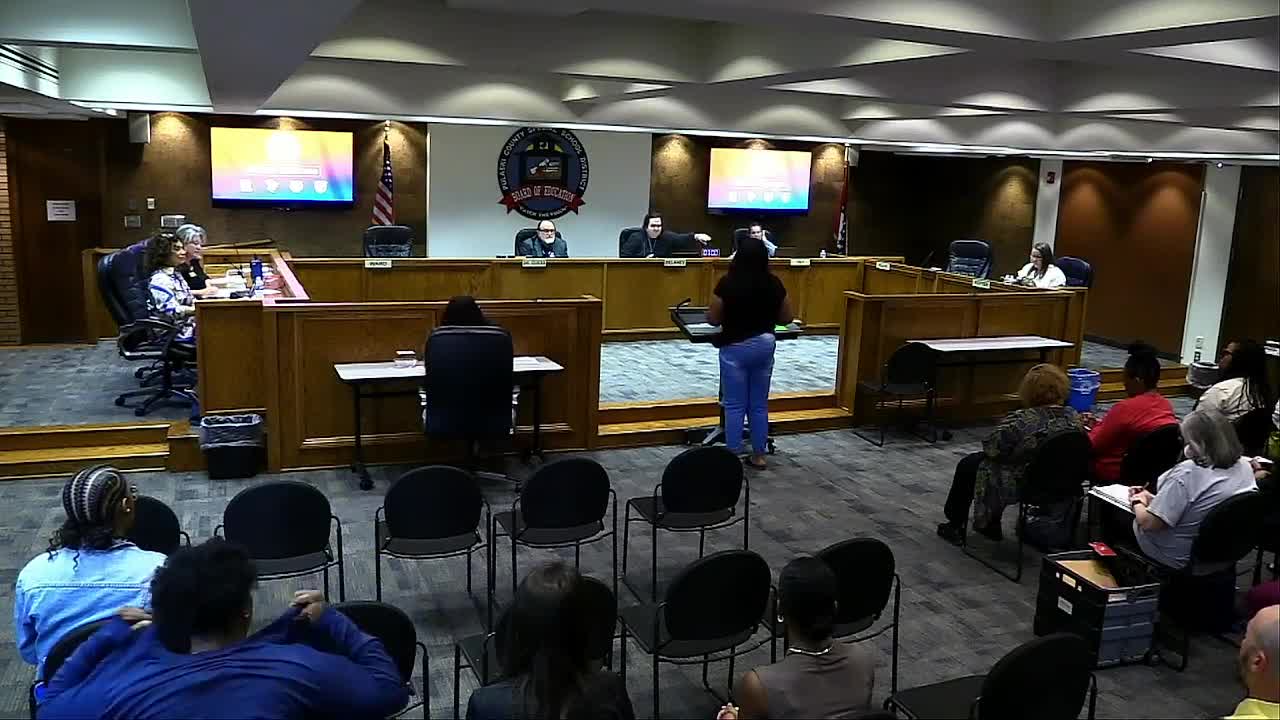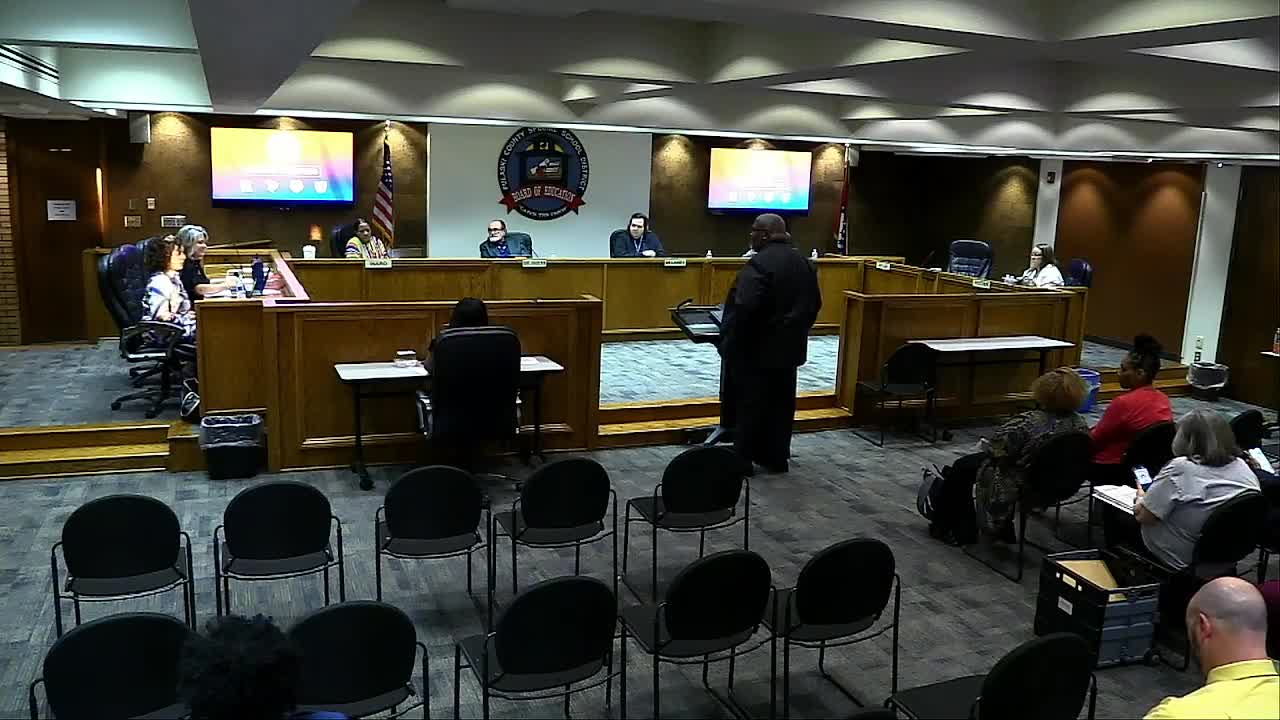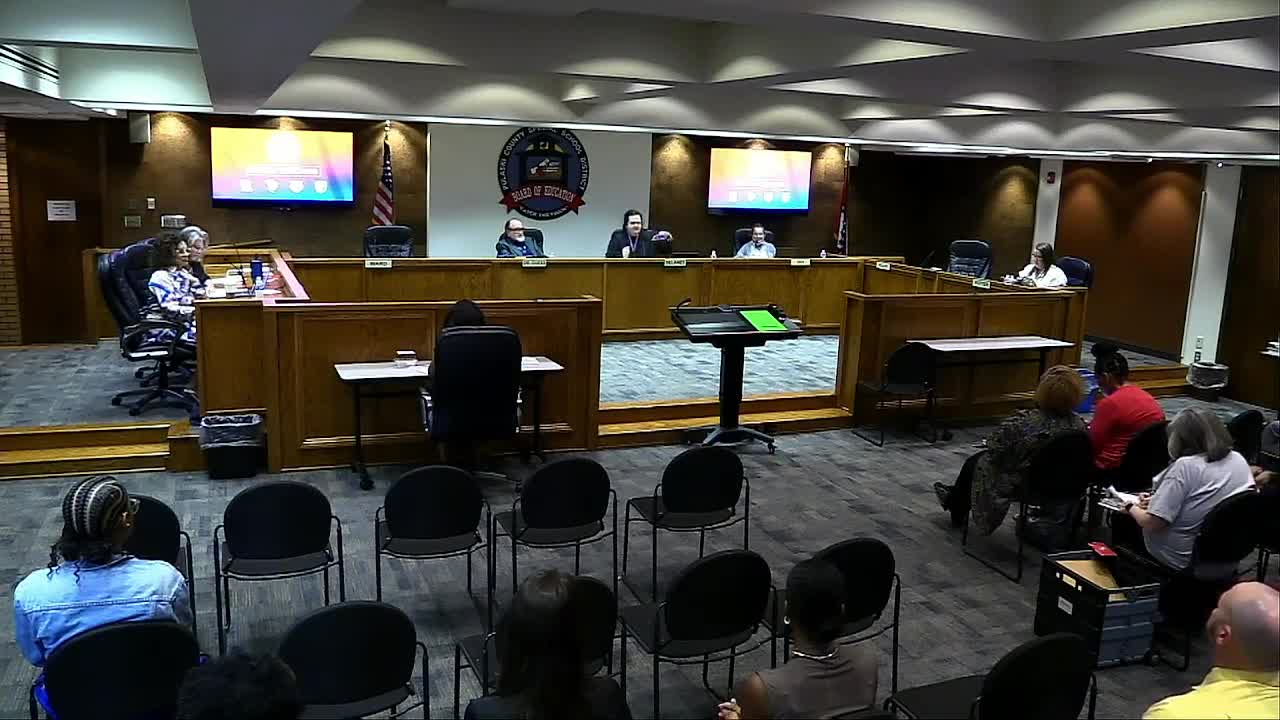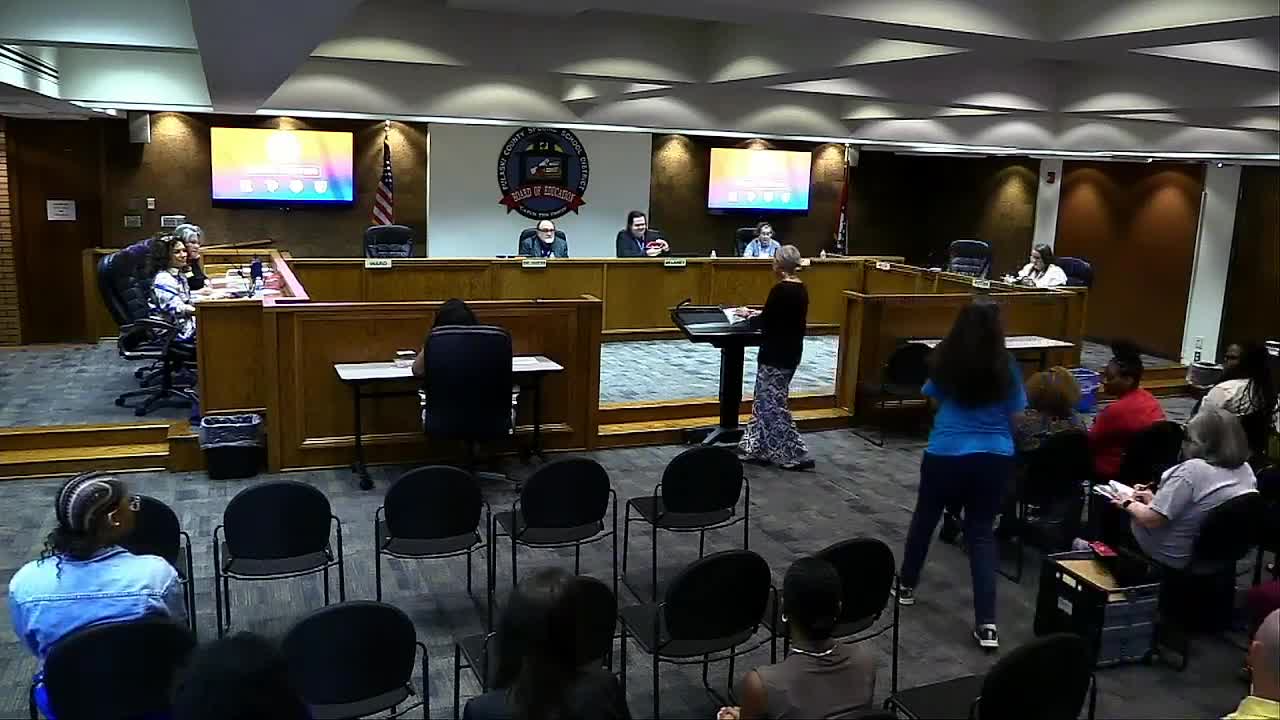Article not found
This article is no longer available. But don't worry—we've gathered other articles that discuss the same topic.

PCSSD approves Harris renovations as interim receiving site while College Station is rebuilt

Votes at a glance: PCSSD board approves Harris renovation, handbook, safety grants, staffing and procurement actions

PCSSD adopts 2025‑26 student handbook with ‘bell‑to‑bell’ cellphone restriction and other changes

